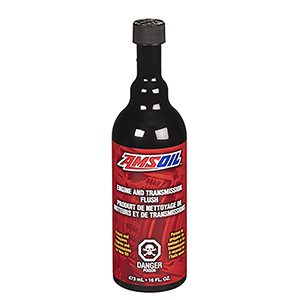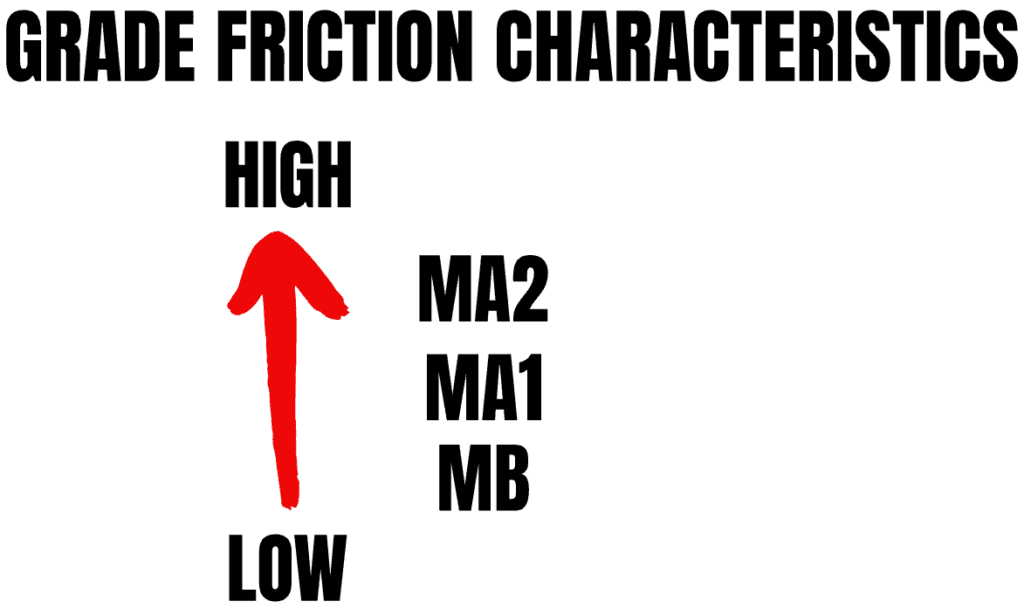
AMSOIL Engine and Transmission Flush is a powerful product designed to prepare engines and transmissions for new oil. Whether it's gasoline or diesel engines or automatic transmissions, this flush is engineered to deliver optimal performance by effectively cleaning internal components.
- Versatile Application: Suitable for both gasoline and diesel engines, as well as automatic transmissions, making it a versatile solution for various vehicles and equipment.
- Enhanced Performance: By effectively cleaning internal components, this flush helps restore fuel economy, improve operating efficiency, and reduce emissions, ensuring optimal performance of the engine or transmission.
- Detergent-Based Formula: The potent, detergent-based formula targets and removes sludge and deposit build-up, promoting reduced oil consumption and prolonging the lifespan of the engine or transmission.
Upgrade your maintenance routine and enjoy improved fuel economy, operating efficiency, and reduced emissions. Try it now and feel the difference in your vehicle's performance!










